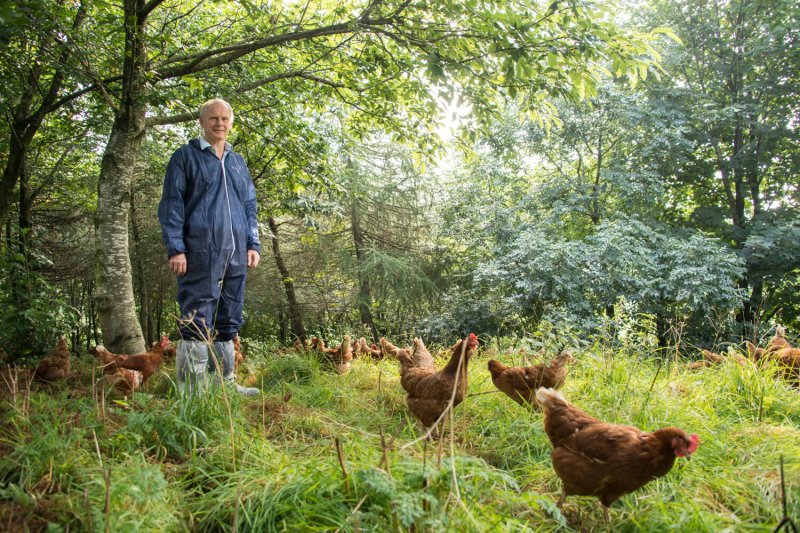Agroecology has become the latest buzzword in the agriculture sector—a mashup of the words “agriculture” and “ecology” with the latter being the relationship of organisms to one another and to their physical surroundings. However, the definition of agroecology itself has become a tad lost in translation from its original root.
While the concept of agroecology was put forth to protect the environment from antagonistic farming methods, first-world countries such as Canada have, for decades, being doing a pretty good job of farming and protecting the environment.
At its core, the concept of agroecology is an ideal—only whatever the original definition was, it has been coopted to be either more or different. It has evolved, with multiple versions existing at the same time.
Ecologically-speaking, could the agriculture industry do better as a whole?
Sure. And we are, regardless of one’s definition of agroecology. Farmers are always looking for the newest ideas or technologies that will not only make their farms more profitable but will also ensure the land and surrounding areas remain ecologically viable.































